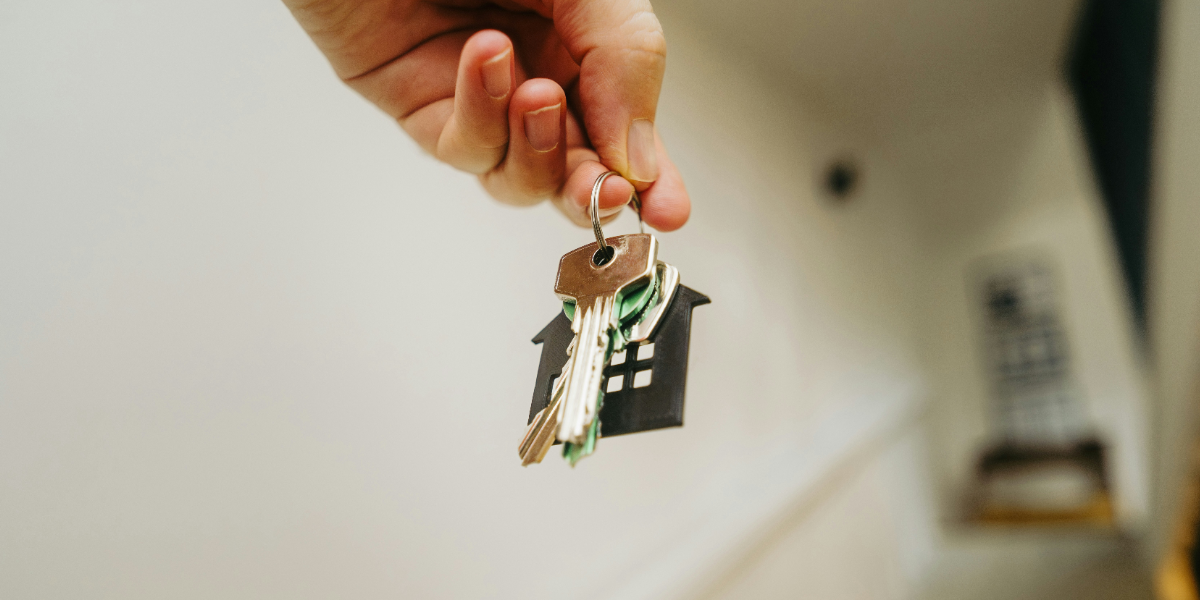
Is it Better to Rent or Buy a House? Find Out What’s Right for You
For millennials, one of the biggest financial crossroads today is homeownership. With rising rents and more flexible loan options, is it better to rent or buy a house?
The answer depends on your finances, lifestyle, and goals. We’ll cover the pros and cons of renting and buying a house and why this year could be the right time to make the move.
Advantages and Disadvantages of Renting a House
For some people, renting a home is a practical choice that suits their lifestyle and financial situation, but there are also some trade-offs to consider.
1. Flexibility and Mobility
One of the biggest factors to consider when deciding whether to rent or buy is flexibility. A lease offers flexibility, which is perfect if you anticipate job changes or family events that might require you to move.
The downside is less stability. Leases may not be renewed, and rent can increase, leaving you with added costs or the need to relocate sooner than expected.
2. Lower Upfront Costs
Renting typically only requires a security deposit and a month or two of advance rent. This saves you from the huge financial burden of a down payment and other costs like insurance and property taxes. However, the money you spend on rent doesn’t build equity in a property.
3. Fewer Responsibilities
Your landlord is usually responsible for repairs and maintenance when you rent a house. This saves you time and money, especially if you aren’t ready to handle the ongoing costs of a home.
The trade-off is that you have less freedom to renovate or personalize your living space.
Advantages and Disadvantages of Buying a House
Buying a home is often seen as a milestone and long-term investment, but it also carries responsibilities and risks.
1. Building Equity
Many people compare the cost to rent or buy a house, but the real difference lies in ownership. Buying a house allows you to invest in a property that appreciates over time.
However, the challenge is the high upfront cost. Down payments, closing fees, and property taxes make homeownership a major financial commitment.
2. Long-Term Financial Stability
For those asking: Is it better financially to rent or buy a house? Buying often proves more advantageous in the long run. Fixed-rate mortgages help protect against inflation, while rising rents can strain your budget year after year.
The downside: ownership comes with continuous expenses like repairs and maintenance.
3. Stability and Security
Owning a home gives you more control over your living space. You won’t need to worry about sudden rent increases or eviction notices, making it ideal for families who value stability.
The trade-off is less flexibility, since selling takes time and can keep you tied to one place longer than planned.
Are you leaning toward homeownership? The next step is evaluating whether you’re financially prepared to take out a mortgage. Let’s look at the signs you’re ready for a home loan.
4 Signs You’re Ready for a Home Loan
First, what is a home loan? A home loan is financing provided by a bank that allows you to purchase a property without paying the full amount up front. Instead, you pay monthly installments over a set period, usually 10 to 20 years.
Here are four signs that you’re ready to get a home loan:
• Steady income: A reliable salary or business income ensures you can keep up with monthly amortizations.
• Growing savings: You should have enough saved for a down payment (typically 10% to 20% of the home's value) plus an emergency fund.
• Debt management: Low existing debt means you have room in your budget for loan payments.
• Life stage: If you’re planning to buy a house in your 30s, this is often the prime time since income is usually stable and family needs are growing.
When Should You Rent vs. Buya House?
The choice between renting and buying comes down to timing and readiness.
You should consider renting if:
• You’re still building your career and may relocate soon.
• Your savings aren’t enough for a down payment.
• You prefer flexibility over long-term commitment.
• You don’t want the responsibility of home maintenance and repairs.
On the other hand, buying makes sense if:
• You have stable employment and a steady income.
• Your savings can comfortably cover both a down payment and an emergency fund.
• You’re starting a family and want a permanent place to settle.
• You plan to stay in the same area for at least 5–10 years.
Move One Step Closer to Your Dream Home
Renting offers flexibility and lower upfront costs, while buying builds equity, stability, and long-term security. With stable interest rates and flexible financing, 2025 is a great time for Filipinos to invest in a home.
For those ready to transition from renting to owning a house, an RCBC Home Loan offers flexible financing that fits different needs and lifestyles. With fast approvals, competitive interest rates, and customizable terms, RCBC helps make homeownership accessible.
Turn your dream house into a reality this year with RCBC. Reach out to us today.

